1. “Cozy”
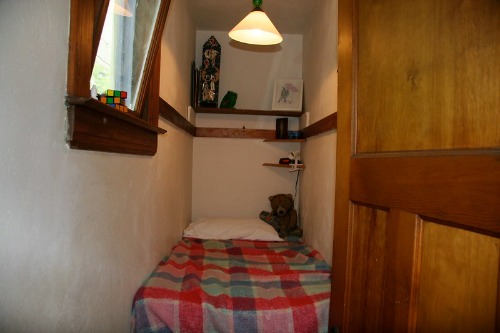
When a listing calls a place “cozy,” what they often mean is “tiny.” Sure, small can be charming, but it usually also means you’ll be bumping into your furniture. The square footage is likely much lower than what you’d hope for at that price. If you love hosting friends, it might be a struggle.
It’s not that “cozy” is always bad—it can mean warm and welcoming in the right context. But in real estate, it’s a word agents use to spin smallness into a selling point. You’ll want to check the actual square footage before falling in love with the photos. Otherwise, you might find yourself living in a shoebox that photographs better than it feels.
2. “Fixer-Upper”
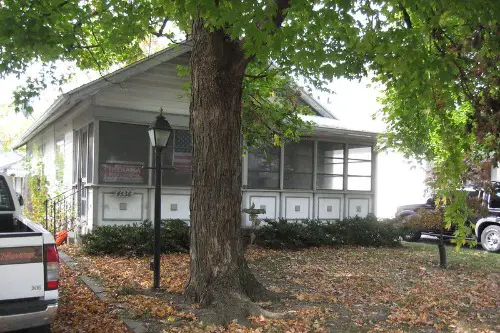
This one sounds like an opportunity, but it usually means serious work ahead. The house might have outdated wiring, plumbing issues, or structural problems. Cosmetic updates like paint and flooring are one thing; replacing a roof or foundation is another. If the price feels too good to be true, it probably is.
The tricky part is that the phrase appeals to DIY dreamers. Shows on TV make renovations look quick and fun, but the real costs can spiral. Unless you have the budget and patience for major repairs, this “perk” can quickly turn into a nightmare. Always budget more than you think you’ll need.
3. “Low HOA Fees”
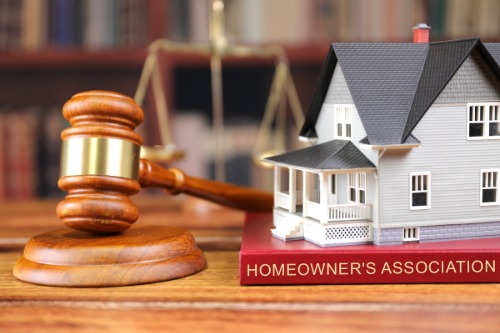
At first glance, low HOA fees sound like you’ll be saving money each month. But the reason they’re low is often because the association isn’t setting aside enough for future repairs. That can lead to sudden, massive special assessments when something big—like a new roof or elevator—needs replacing.
So while you may pay less monthly, you could be hit with a surprise $10,000 bill later. It’s better to have slightly higher fees that cover long-term upkeep. Ask to see the HOA’s financials before committing. A bargain upfront could end up costing you way more down the line.
4. “Up-and-Coming Neighborhood”
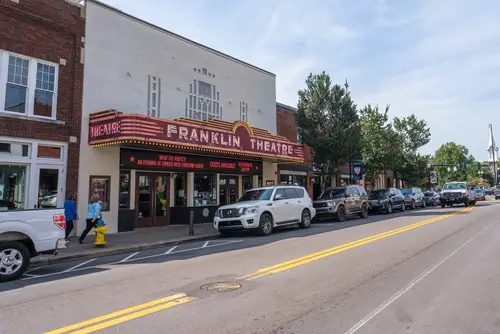
This phrase is a red flag for “not great right now.” It often means higher crime rates, fewer amenities, or longer waits for infrastructure improvements. It’s real estate code for “we think things might get better.” The reality is that no one knows how fast that will happen.
Sure, getting in early could mean you benefit from future growth. But you’ll also have to live with the drawbacks until then. Don’t let the buzzword distract you from the current reality of the area. Check crime maps, local businesses, and city plans before making a decision.
5. “Unique Layout”
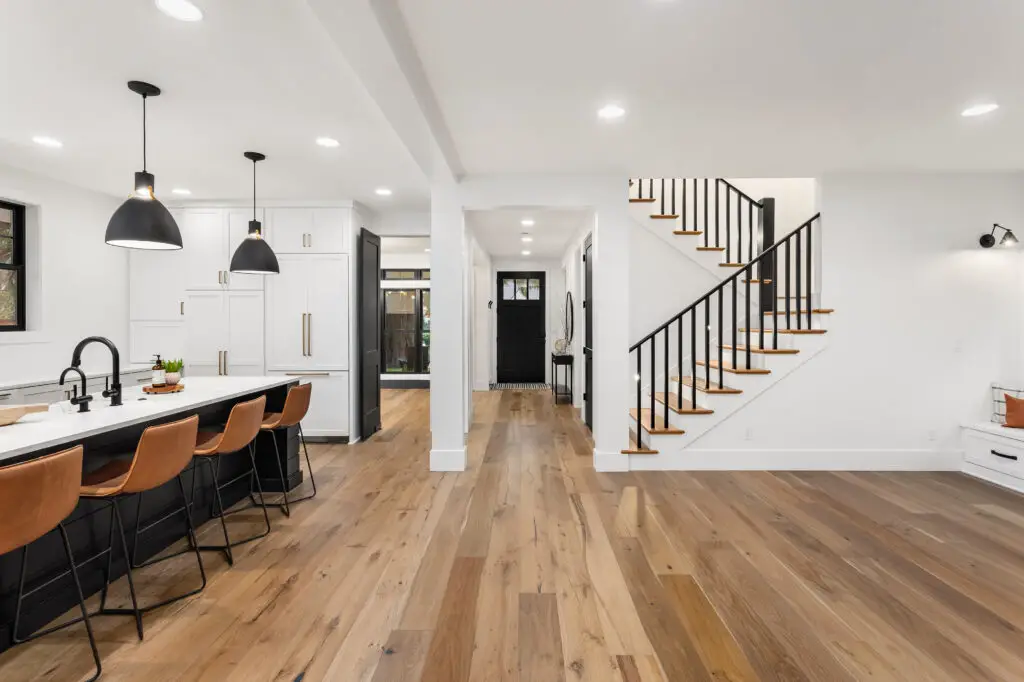
Sometimes “unique” really means “awkward.” You might find bedrooms that barely fit a bed or kitchens that don’t have space for a fridge. While unusual floor plans can feel quirky, they often don’t function well for daily living. It can be hard to furnish them without custom solutions.
In addition, unusual layouts can make resale tough. Buyers tend to prefer traditional setups that are easy to envision themselves in. You may find yourself stuck with a place others see as impractical. What feels interesting now might feel inconvenient in a year.
6. “Historic Charm”
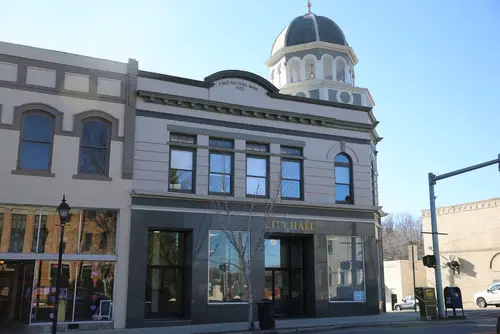
Old homes do have character, but they often come with hidden headaches. Think lead paint, knob-and-tube wiring, or outdated plumbing. Repairs can be more expensive because you may need specialists. If the home is in a historic district, you may even need permission for updates.
It’s easy to fall in love with the craftsmanship of older properties. But make sure you factor in the upkeep costs before committing. A charming detail like original windows could mean drafty winters and higher heating bills. Charm shouldn’t blind you to reality.
7. “Water View”
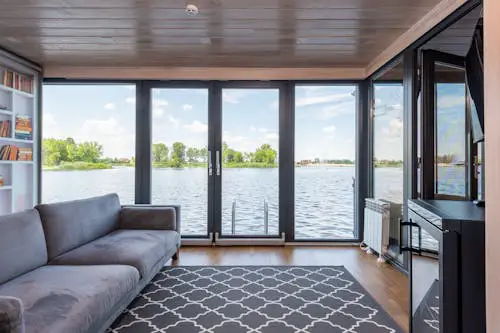
A water view sounds dreamy until you realize it often comes with flooding risks. Insurance for flood-prone properties is expensive and sometimes mandatory. Even if the house itself is on higher ground, nearby flooding can affect accessibility. Plus, waterfront maintenance is notoriously costly.
It’s not just about storms, either. Saltwater can corrode metal, and high humidity can cause mold. That dreamy view may come with constant upkeep and higher costs. Always check flood zone maps and insurance estimates before letting the scenery sway you.
8. “Close to Nightlife”

For some people, this is a plus. But for many, it means noise, parking hassles, and late-night disruptions. Bars and clubs bring energy, but they also bring traffic and trash. What sounds fun for a weekend might not feel great on a Tuesday night.
Even double-paned windows can only block out so much. If you value sleep or quiet, this location perk could become a daily frustration. Spend time in the neighborhood during peak hours to get the full picture. You might discover the party never really stops.
9. “Low Property Taxes”
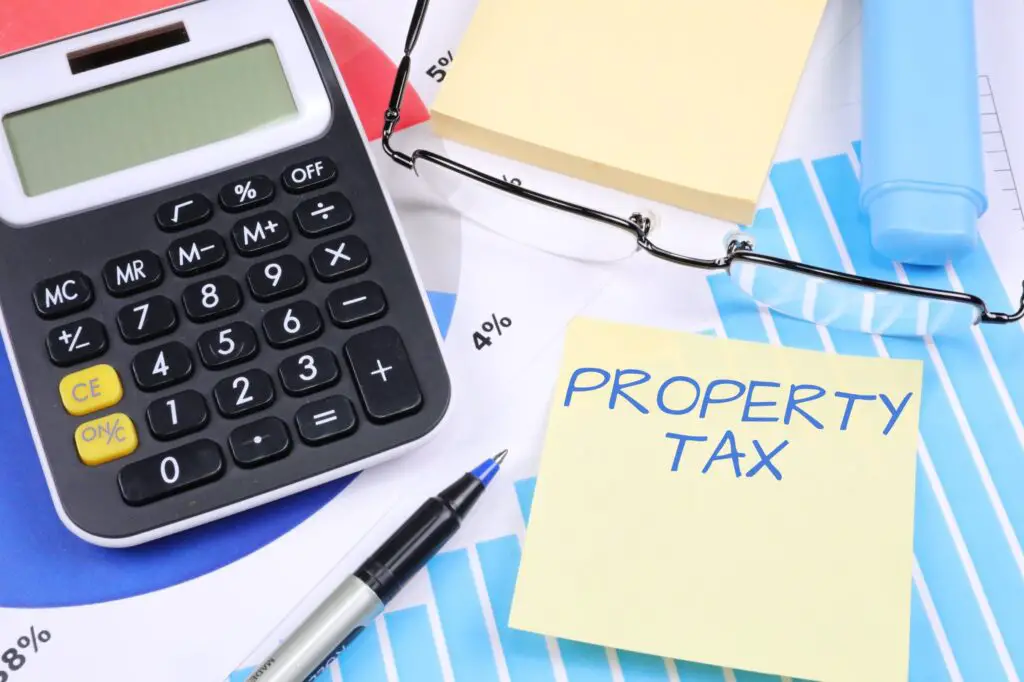
This one sounds amazing, but it’s not always what it seems. Low property taxes often mean the local government isn’t collecting enough to fund schools, parks, or infrastructure. That can translate to struggling services or roads in poor condition. In some cases, tax rates jump later to catch up.
So while your monthly bill looks great now, the trade-offs can affect your quality of life. It’s worth asking why the taxes are low and whether increases are likely. A lower tax rate isn’t worth it if your kids’ school is underfunded or your street floods every time it rains. Don’t just think short-term.
10. “As-Is”

Buying a property “as-is” means the seller won’t fix anything before closing. That can hide a multitude of problems, from leaky roofs to mold infestations. It shifts all the risk onto you as the buyer. Even with inspections, some issues can go unnoticed until later.
While the price might seem like a steal, the gamble is high. You could end up spending far more than you saved in repairs. Unless you’re experienced in evaluating homes, this phrase is more warning than perk. Proceed with caution and eyes wide open.
11. “Converted Garage”
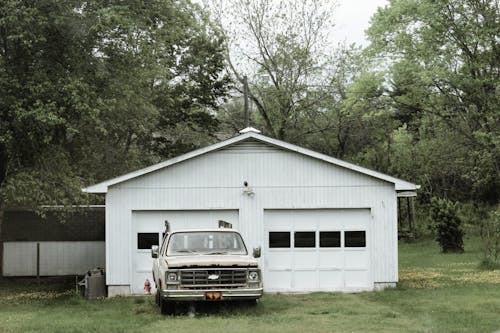
A converted garage might look like bonus space, but it often wasn’t done with permits. That can mean poor insulation, electrical shortcuts, or safety issues. Appraisers may not count it in the official square footage. Plus, you lose valuable storage or parking.
If you live in an area with cold winters or hot summers, climate control could be a problem. You may also run into issues if you want to sell later, since buyers might see it as a downgrade. What’s pitched as “extra living space” could actually be a liability. Always ask about permits.
12. “Freshly Renovated”
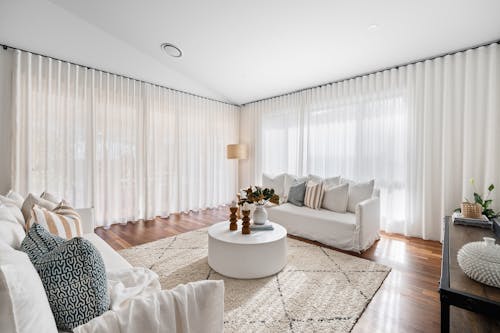
A shiny new kitchen or bathroom can be appealing, but sometimes the updates are surface-level. Flippers may prioritize speed and aesthetics over quality. That means cheap materials, cut corners, or unpermitted work. What looks brand-new could start falling apart quickly.
This is especially true if multiple rooms were renovated at once. Fast work often means sloppy work. Take a closer look at finishes and ask about warranties. A pretty tile backsplash won’t make up for bad plumbing behind it.
13. “Motivated Seller”

This phrase signals the seller really wants out. While that can mean negotiating power for you, it often raises questions. Why are they in such a rush? Sometimes it’s benign, but other times it’s because of issues with the property or neighborhood.
Don’t assume urgency means a good deal. It could mean hidden problems they don’t want to address. Use it as a cue to dig deeper rather than as a reason to celebrate. A motivated seller isn’t always your best ally.
This post 13 Things in Listings That Look Like Perks but Mean Problems was first published on Greenhouse Black.
